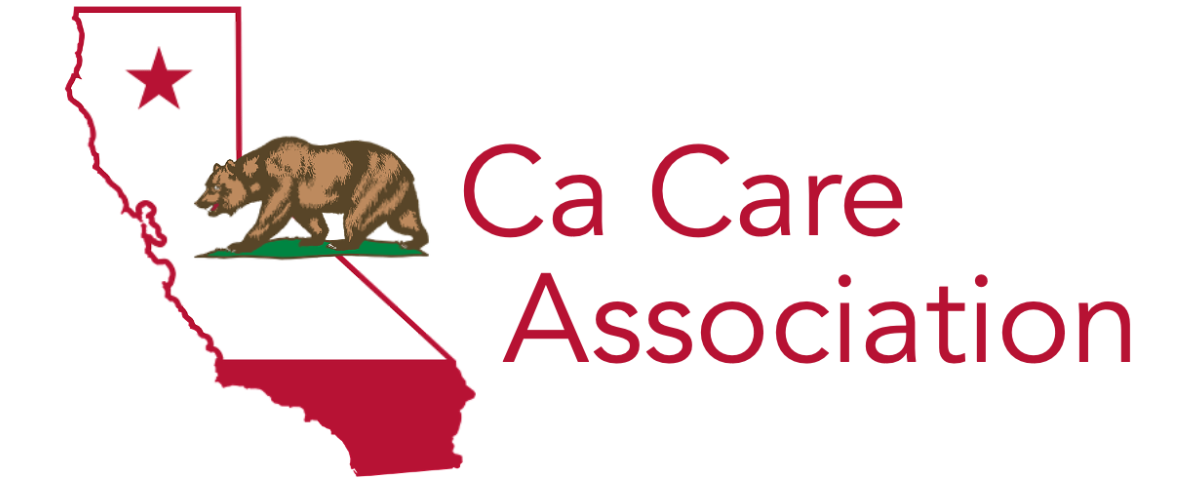Health Struggles of LGBT Older Adults
It is estimated that there are currently three million LGBT individuals over the age of 50, and it is expected that this number will grow to 7 million by the year 2030. LGBT individuals experience systematic discrimination, which adversely affects their physical and mental well-being. This appears to be more prominent for those LGBT individuals who are also part of the Black and Latino community. For people of color, this is an additional concern on the quality of care they receive.
Despite the surge of acceptance towards the members of the LGBT community, the following are problems that they would still encounter when they are older.
1. Access to Health Care
Discrimination and abuse are present in nursing homes or any Medicaid or Medicare-funded services despite federal laws that prohibit such behavior. LGBT older adults are reportedly not allowed to have chosen family members participate in their health and medical-related decisions, are denied the right to live together with their partner, and receive transphobic or homophobic remarks from their fellow residents and staff members. Aside from this, LGBT older adults face certain difficulties in accessing home and community-based services or HCBS because of its lack of inclusivity.
In rural areas, discrimination is more noticeable and LGBT individuals are less likely to have legal protection. In a report, only 10% of rural town residents had access to LGBT senior activities in their communities. LGBT resources remain higher in bigger cities only.
2. Mental and Physical Conditions
LGBT older adults have higher levels of chronic and other health problems such as HIV/AIDS, diabetes, asthma, rheumatoid arthritis, obesity, and certain illnesses like cancer. HIV diagnoses are also higher for those over 50 years old than those under 24. As reported by SAGE USA, half of the HIV-infected Americans are over 50 years old.
Moreover, discrimination targeted toward the LGBT results to higher rates of anxiety, depression, and substance use disorder. Research shows that bisexual and transgender older adults are likely to have more mental health problems in comparison to lesbians and gay men older adults. This discrimination against LGBT older adults also leads to poor wellness. It is estimated that the number of LGBT individuals who smoke cigarettes is 68% higher than the general population. In addition, lesbian, gay, and bisexual older adults were likely to consume more alcohol than heterosexual older adults.
3. Aging and Caregiving
LGBT individuals are four times less likely to have children and twice as likely to age alone. As a consequence, their partners become their caregivers. Studies show that 54% or more than half of LGBT older adults receive care from their partner, and 24% for those who receive care from their friends. These caregivers are more likely to do it on their own, which tends to affect their mental and physical health.
LGBT older adults who live alone are vulnerable to social isolation, particularly those who do not live in major cities. Statistics reveal that 41 percent of transgender people have attempted suicide, and over 50 percent of LGBT older adults feel isolated from others.
Pride Month is celebrated to recognize the LGBT community who have continuously fought for their rights. This pride month, let us bring to light the struggles of LGBT older adults in accessing healthcare services. You can support organizations like SAGE USA, which promotes advocacies and services for LGBT elders.
Ca Care Association is one with the LGBT community in creating a safe and respectful environment for caregiving services.
Read more from Ca Care Association here.


